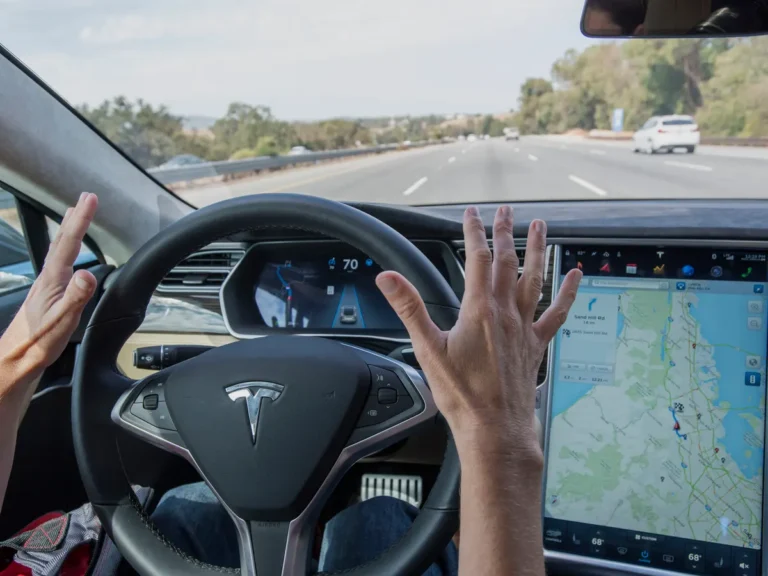Because now cars are the weak point of security from hackers

Automakers are stepping up efforts to combat the rapidly growing threat of cyber attacks, as experts warn the industry faces a cybersecurity "tipping point".
According to a report by cybersecurity firm Kaspersky , Internet-enabled cars and advanced technological developments are increasing risks to privacy and even consumer safety, as the number of attacks increases "rapidly" year on year.
In a now-infamous 2015 demonstration, two security researchers Charlie Miller and Chris Valasek managed to remotely hack a Jeep on a U.S. highway, forcing an emergency brake at high speed and prompting the recall of nearly 1.5 million of Fiat Chrysler vehicles.
But since then, the number of cybersecurity incidents has skyrocketed. Upstream's 2022 Global Automotive Cybersecurity Report found a colossal 225% jump between 2019 and 2022 .
Honda warned last year that hackers had found ways to unlock the doors and even start the engines of some of its models by bypassing keyless entry systems.
Cara Haffey, UK automotive leader at PwC, told City AM that the industry had reached an “inflection point”. While internet connectivity is now commonplace, we are seeing how both privacy and security could be compromised.”
Automakers have “stepped up their game” in recent years to meet consumer demand” for more connected cars, but that has created a “critical” need to stay “focused” on the issue, he warned.
What can happen with an attack on self-driving car systems?
Kaspersky research found that nearly two-thirds of auto industry executives believe the automotive supply chain is vulnerable to attacks, with 34% pointing to cars' "infotainment systems" – which include voice control, access to maps interactive and entertainment systems – as their main concern.
Further technological developments in the field of electric vehicles (EVs) and self-driving systems are also on the horizon, which pose additional risks.
Earlier this week, MPs on Britain's Common Transport Select Committee warned that cyberattacks on new self-driving cars could cause "mass casualties" if terrorists and nation states targeted the nascent technology.
Electric vehicle battery packs, which provide huge amounts of data about their operation and are accessible and monitorable by trained mechanics during use, present similar problems.
Dr Paul Robertson, EY cyber resilience partner, said. that “without safety in design and operation there is a risk that this component will be manipulated or that the data will be available to unauthorized persons”.
Experts say action is urgently needed before the first UN regulations come into force next July, which will threaten carmakers with halting vehicle production if they fail to meet the necessary safety requirements.
Mike Hawes, chief executive of UK motor trade body SMMT, said: “Security is a priority for the automotive industry and vehicle manufacturers are investing significantly in new features to help protect cars from cybercrime ”.
“The industry is also working closely with government and security agencies to help implement additional safeguards to ensure current and future generations of connected cars remain resilient to cyber attacks.”
So there's sort of a rush on the one hand by hackers to take control of the cars, and by the automakers to defend the computer systems of the cars themselves. However, there can be no widespread deployment of self-driving systems without improved safety, except that we are not willing to see cars hacked and rammed into the public by remote terrorists.

Thanks to our Telegram channel you can stay updated on the publication of new Economic Scenarios articles.
The article Why cars are now the weak point of security from hackers comes from Economic Scenarios .
This is a machine translation of a post published on Scenari Economici at the URL https://scenarieconomici.it/perche-ora-le-auto-sono-il-punto-debole-della-sicurezza-dagli-hacker/ on Mon, 18 Sep 2023 07:00:14 +0000.
